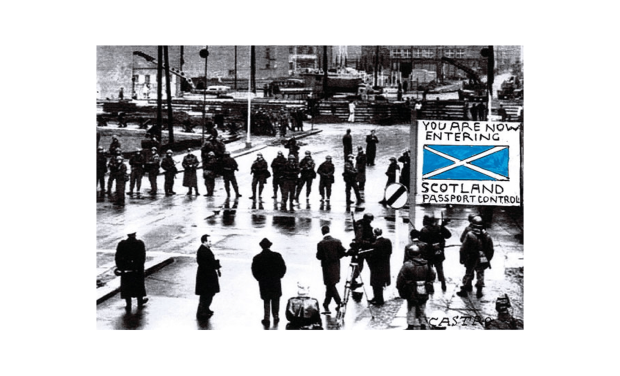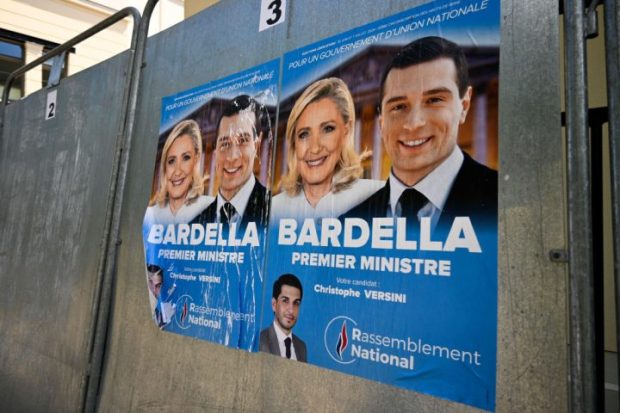When Eton master Will Knowland was sacked last year over anti-feminist views contained in a YouTube video which he refused to take down, alumni and others rightly called out Eton’s small-mindedness and intellectual conformism. If the best-endowed schools in the land can’t stomach unorthodox opinion, what hope for UK education generally?
They were, of course, entirely right.
Already a subscriber? Log in
Subscribe for just $2 a week
Try a month of The Spectator Australia absolutely free and without commitment. Not only that but – if you choose to continue – you’ll pay just $2 a week for your first year.
- Unlimited access to spectator.com.au and app
- The weekly edition on the Spectator Australia app
- Spectator podcasts and newsletters
- Full access to spectator.co.uk
Or




















Comments
Don't miss out
Join the conversation with other Spectator Australia readers. Subscribe to leave a comment.
SUBSCRIBEAlready a subscriber? Log in